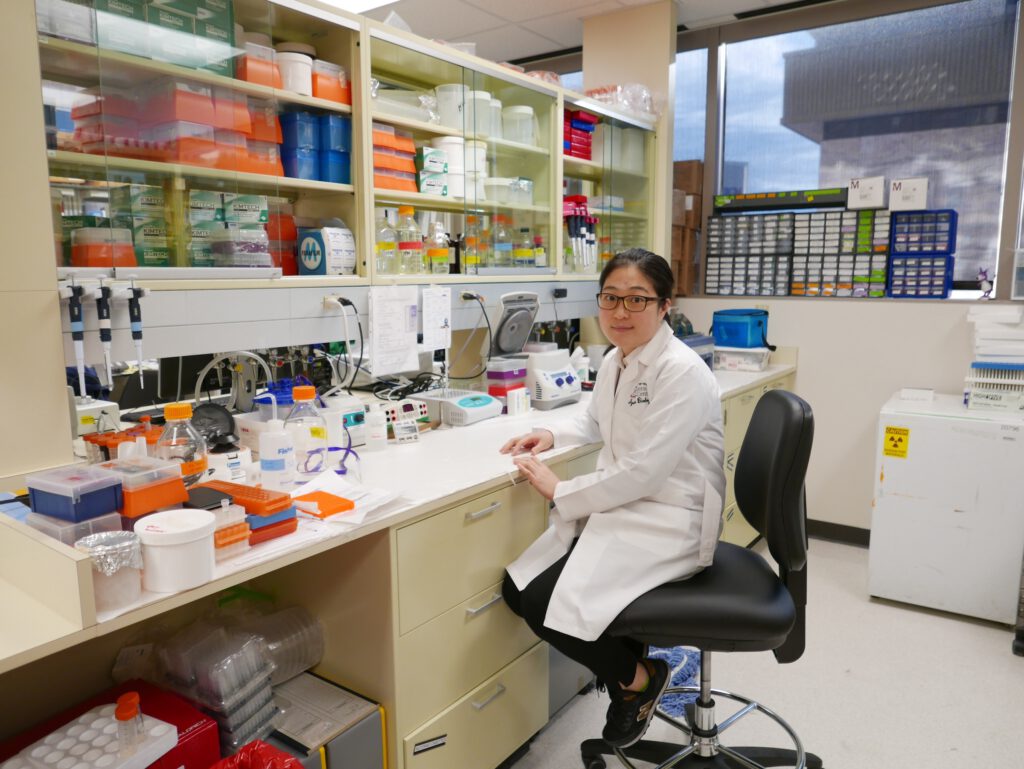Principal Investigator (1 per grant):
The Principal Investigator (PI) is the person to whom the grant is awarded (and their institution). The PI is responsible for the preparation, conduct, and administration of the research grant. The administration of the grant includes but is not limited to submitting the LOI & Full Proposal, grant activations & renewals, narrative progress reports, renewals, and providing up-to-date ethical documentation if needed.
Mentor (1 per grant – must be at the same institution as the PI):
The mentor, a recognized leader in the field of ovarian cancer research, or relevant area, provides training and mentorship to PIs who are early in their career. The mentor guides you in both your research and your professional goals. It is the mentor’s responsibility to ensure that a trainee who receives this grant submits the required materials in OCRA’s grants management system throughout the life of the grant.
Investigator (no limit and can be from any institution):
Investigator or Co-Investigator is someone who is expected to be significantly involved in developing and/or carrying out the project. Investigator(s) must devote a specified measurable effort to the project whether or not salaries or compensation are requested. Investigator or Co-Investigator is also interchangeable with Collaborator/Co-Collaborator.
Key Personnel (no limit and can be from any institution):
Personnel who commit to contribute to the scientific development or execution of the project but are not committing to any specified measurable effort (number of people, number of months, or percent of effort) to the project.
Research Delegate (1 per grant – must be from the same institution):
The Research Delegate (RD) is designated by the Principal Investigator to assist with all required tasks assigned to the PI. The RD has access to tasks in SmartSimple for specific grants, in which the PI has designated them RD. The RD may enter information into SmartSimple and save it, but the RD cannot submit information. Only the PI is authorized to submit materials to either the SO or OCRA.


